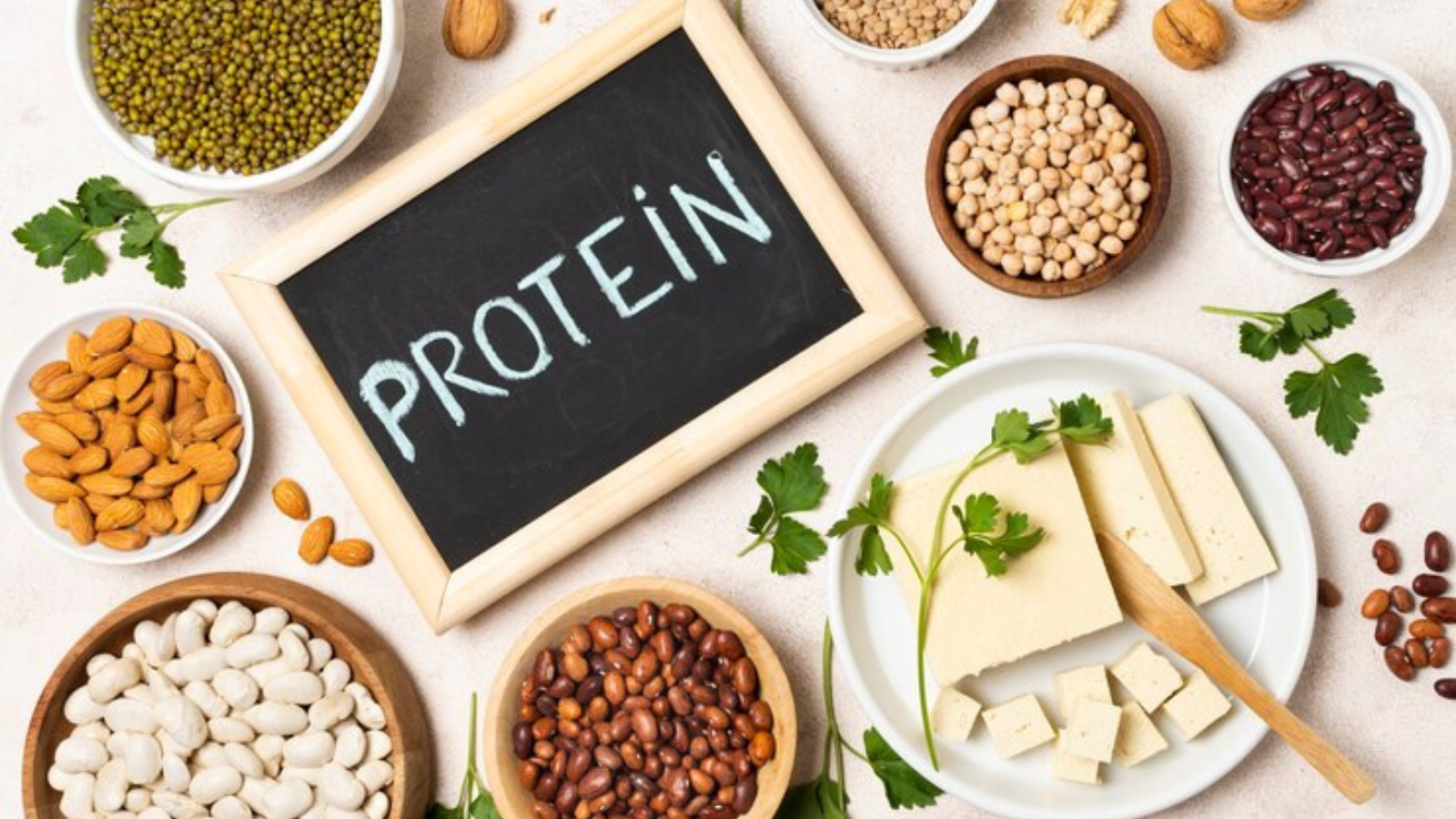Protein is essential for building and repairing tissues, producing enzymes, and maintaining overall bodily functions. While it's a crucial part of a healthy diet, consuming too much protein can have negative effects. Let’s explore how overloading on protein can harm your body and why moderation is key.
Why Protein Is Important
Protein is made up of amino acids, which are the building blocks of muscles, tissues, and organs. It aids in:
However, while it plays a vital role in maintaining your health, overconsumption can lead to serious problems.
Potential Health Risks of Excessive Protein Intake
1. Strain on Kidneys
Excess protein consumption puts a heavy load on the kidneys. Since the kidneys filter out waste from protein metabolism, too much protein can overwork them, potentially leading to long-term kidney damage.
2. Increased Risk of Heart Disease
High-protein diets, particularly those rich in animal-based proteins like red meat, can elevate cholesterol levels. This increases the risk of heart disease, especially when processed meats, high in saturated fats and preservatives, are consumed in large quantities.
3. Digestive Problems
A diet heavy in protein and low in fiber can cause digestive issues like constipation or diarrhea. This is because many high-protein foods lack the necessary fiber for smooth digestion and regular bowel movements.
4. Weight Gain
While protein helps in muscle building, consuming more than your body needs leads to excess calories being stored as fat. This can result in unwanted weight gain, even if the source is protein.
5. Dehydration
High-protein intake increases the body's need to expel nitrogen, a byproduct of protein breakdown, through urination. If you're not adequately hydrating, this can lead to dehydration, causing symptoms like headaches, fatigue, and dizziness.
6. Nutrient Imbalance
Focusing too much on protein often means neglecting other important nutrients like vitamins, fiber, and healthy fats. A well-balanced diet is essential for maintaining overall health, and too much protein can throw that balance off.
7. Bad Breath
Consuming high amounts of protein and cutting back on carbohydrates can trigger ketosis, where the body burns fat for energy. This process produces ketones, which cause unpleasant, fruity-smelling breath that is tough to eliminate with brushing or mouthwash.
Balance Is Key
While protein is undeniably important for your health, moderation is essential. A well-rounded diet, rich in a variety of nutrients, will not only support your body's protein needs but also keep you free from the risks of overconsumption. Always aim for a balanced approach to maintain your overall well-being.
Why Protein Is Important
Protein is made up of amino acids, which are the building blocks of muscles, tissues, and organs. It aids in:
- Muscle growth and repair
- Boosting metabolism
- Enhancing weight management by promoting satiety
However, while it plays a vital role in maintaining your health, overconsumption can lead to serious problems.
Potential Health Risks of Excessive Protein Intake
1. Strain on Kidneys
Excess protein consumption puts a heavy load on the kidneys. Since the kidneys filter out waste from protein metabolism, too much protein can overwork them, potentially leading to long-term kidney damage.
2. Increased Risk of Heart Disease
High-protein diets, particularly those rich in animal-based proteins like red meat, can elevate cholesterol levels. This increases the risk of heart disease, especially when processed meats, high in saturated fats and preservatives, are consumed in large quantities.
3. Digestive Problems
A diet heavy in protein and low in fiber can cause digestive issues like constipation or diarrhea. This is because many high-protein foods lack the necessary fiber for smooth digestion and regular bowel movements.
4. Weight Gain
While protein helps in muscle building, consuming more than your body needs leads to excess calories being stored as fat. This can result in unwanted weight gain, even if the source is protein.
5. Dehydration
High-protein intake increases the body's need to expel nitrogen, a byproduct of protein breakdown, through urination. If you're not adequately hydrating, this can lead to dehydration, causing symptoms like headaches, fatigue, and dizziness.
6. Nutrient Imbalance
Focusing too much on protein often means neglecting other important nutrients like vitamins, fiber, and healthy fats. A well-balanced diet is essential for maintaining overall health, and too much protein can throw that balance off.
7. Bad Breath
Consuming high amounts of protein and cutting back on carbohydrates can trigger ketosis, where the body burns fat for energy. This process produces ketones, which cause unpleasant, fruity-smelling breath that is tough to eliminate with brushing or mouthwash.
Balance Is Key
While protein is undeniably important for your health, moderation is essential. A well-rounded diet, rich in a variety of nutrients, will not only support your body's protein needs but also keep you free from the risks of overconsumption. Always aim for a balanced approach to maintain your overall well-being.
You may also like

Who is Prabowo Subianto? Indonesia's former general becomes next president

MHA urges states and UTs to implement BNSS for undertrial prisoner relief

Anushka Ranjan to host 'BETI' Fundraiser

Major Fire At Kolkata Government Hospital Kills Cancer Patient in ICU, Over 80 Rescued-VIDEO

Maharashtra Elections: Shiv Sena pitches Eknath Shinde for CM post ahead of assembly polls







